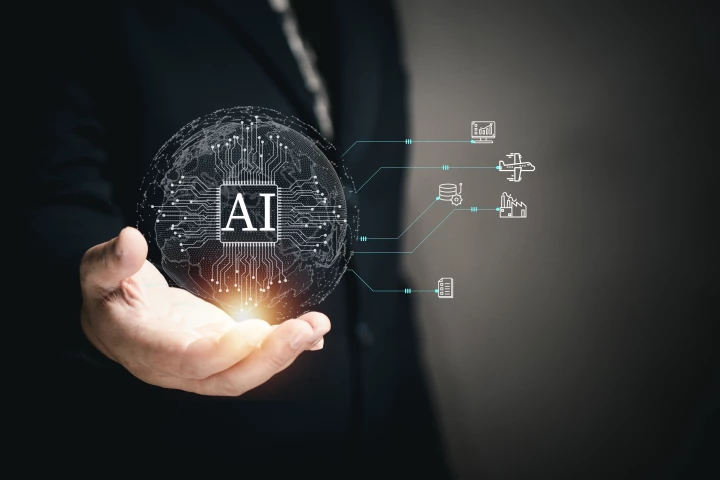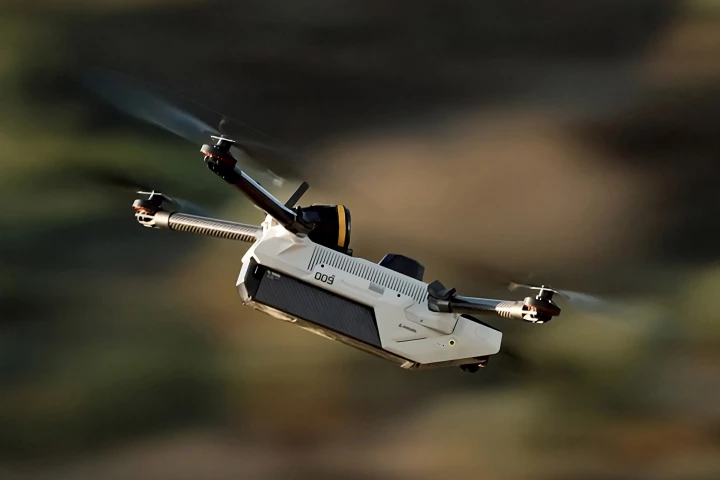Anthropic
-
Marking a major shift in personal AI, OpenAI has released ChatGPT Agent, taking things well beyond chat – it can browse the web, run code, manage files and complete tasks across apps. It’s the first real AI assistant that doesn’t just answer but acts.
-
While we're not short of divisive topics in 2025, there are valid reasons as to why we're turning to chatbots for emotional support – and why many of us are also very much against it. So how willing are you to embrace this new form of therapy?
-
Every day new articles about "revolutionary breakthrough!" in AI hit my screen. The latest headline was "Torque Clustering" and "autonomous AI is on the horizon." But is it really? I did a deep dive with simple analogies to figure it out.
-
US AI giants got a wake-up call this week when fledgling Chinese firm DeepSeek wiped a record-breaking trillion dollars off the value of heavyweights like Nvidia and OpenAI. The technology's gatekeepers are rattled – and they have good reason to be.
-
Three of America's leading AI companies have now signed up to share their technology with the US defence forces and military contractors, even after initially insisting they wouldn't – and the age of autonomous warfare seems close at hand.
-
Generative AI systems need to be fed huge amounts of often copyrighted data. Musicians could soon fight back with HarmonyCloak, a system that embeds data into songs that can’t be picked up by human ears but will scramble AI trying to reproduce it.
-
The next wave of game-changing AI models will soon be upon us – "agent" style models that'll be able to take over entire ongoing tasks and jobs with full autonomy. Anthropic's newest AI model gives us a sneak peek, by taking over your whole computer.
-
The first statistically significant results are in: not only can Large Language Model (LLM) AIs generate new expert-level scientific research ideas, but their ideas are more original and exciting than the best of ours – as judged by human experts.
-
With ChatGPT being used colloquially to represent nearly everything AI, lesser-known Chat AI models like Claude are sometimes overlooked. Today, Anthropic has released Claude Sonnet 3.5 with some features you'll likely find not only impressive but incredibly useful.
-
Figuring out how AI models "think" may be crucial to the survival of humanity – but until recently, AIs like GPT and Claude have been total mysteries to their creators. Now, researchers say they can find – and even alter – ideas in an AI's brain.









